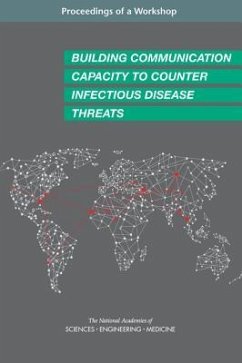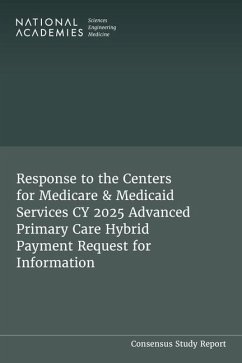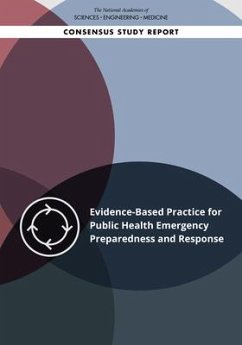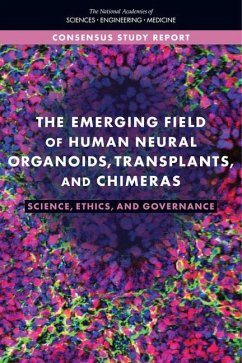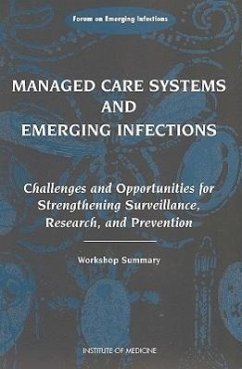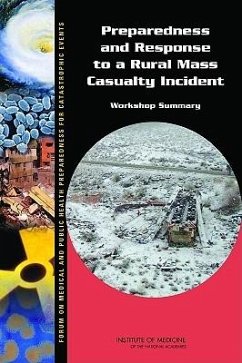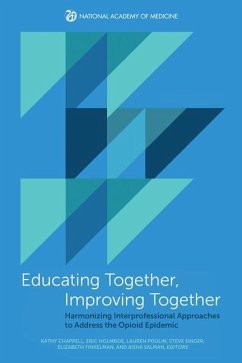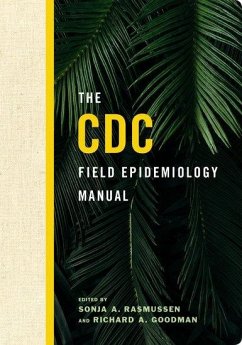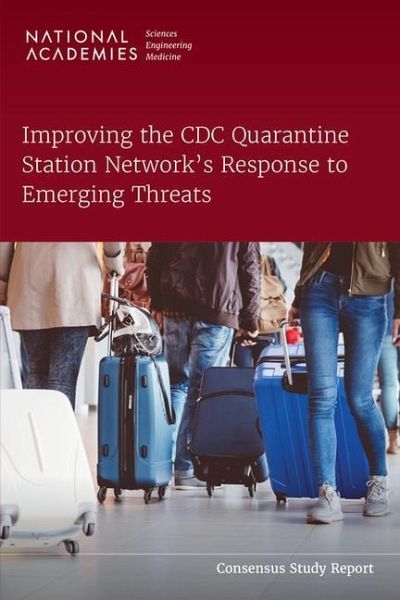
Improving the CDC Quarantine Station Network's Response to Emerging Threats
Versandkostenfrei!
Versandfertig in über 4 Wochen
23,99 €
inkl. MwSt.

PAYBACK Punkte
12 °P sammeln!
The U.S. Centers for Disease Control and Prevention (CDC) is responsible for preventing the introduction, transmission, and spread of communicable diseases into the United States. It does this primarily through the Division of Global Migration and Quarantine (DGMQ), which oversees the federal quarantine station network. Over the past two decades, the frequency and volume of microbial threats worldwide have continued to intensify. The COVID-19 pandemic, in particular, has prompted a reevaluation of many of our current disease control mechanisms, including the use and role of quarantine as a pub...
The U.S. Centers for Disease Control and Prevention (CDC) is responsible for preventing the introduction, transmission, and spread of communicable diseases into the United States. It does this primarily through the Division of Global Migration and Quarantine (DGMQ), which oversees the federal quarantine station network. Over the past two decades, the frequency and volume of microbial threats worldwide have continued to intensify. The COVID-19 pandemic, in particular, has prompted a reevaluation of many of our current disease control mechanisms, including the use and role of quarantine as a public health tool. The emergence of COVID-19 prompted CDC to request that the National Academies of Sciences, Engineering, and Medicine convene a committee to assess the role of DGMQ and the federal quarantine station network in mitigating the risk of onward communicable disease transmission in light of changes in the global environment, including large increases in international travel, threats posed by emerging infections, and the movement of animals and cargo. The committee was also tasked with identifying how lessons learned during COVID-19 and other public health emergencies can be leveraged to strengthen pandemic response. The report's findings and recommendations span five domains: organizational capacity, disease control and response efforts, new technologies and data systems, coordination and collaboration, and legal and regulatory authority.



